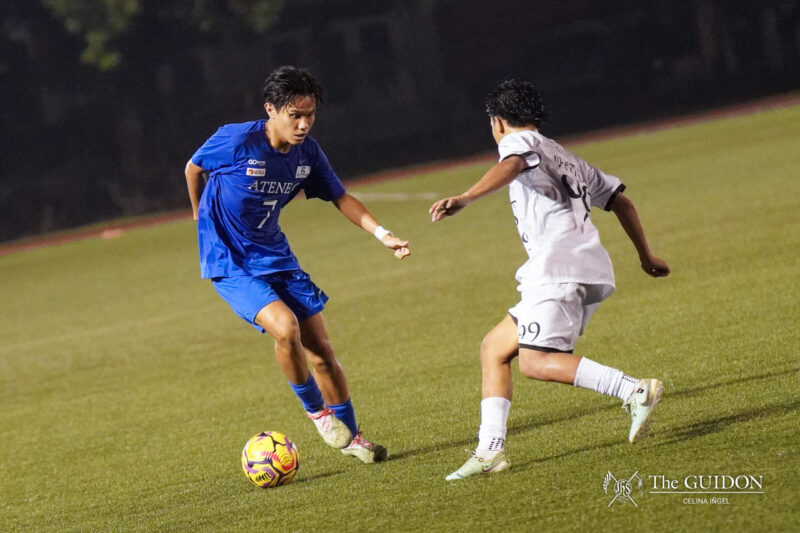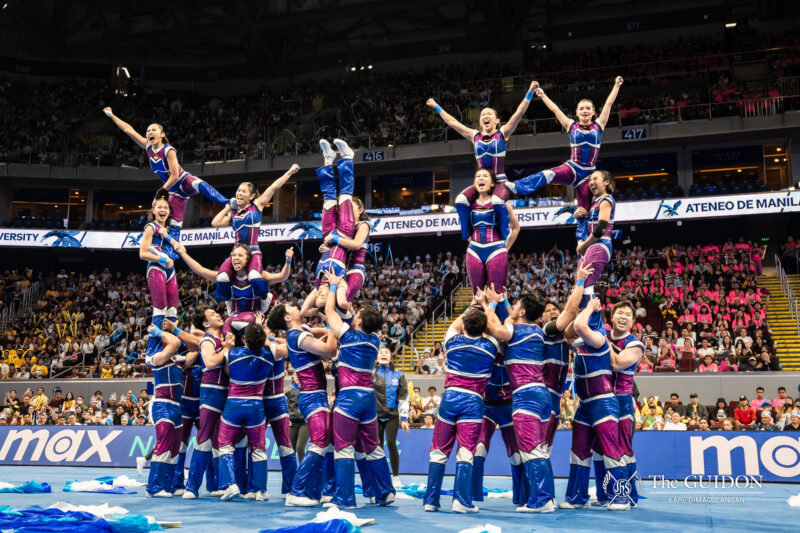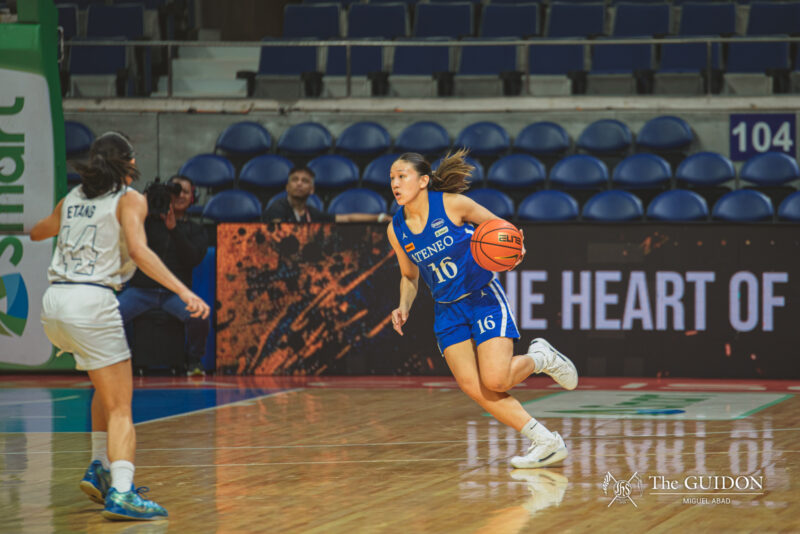Trigger warning: This article contains mentions of sexual misconduct and harassment.
THE ATENEO first opened its doors to female students in 1973 through the Loyola Schools (LS). In 2016, it welcomed young women into the Ateneo Senior High School (ASHS).
Since its establishment in 1859, the Ateneo Basic Education unit had been an exclusive all-boys school. However, 2023 marked a historic milestone as the University announced its decision to achieve a full co-education scheme in this unit by 2030.
Amid goals to increase student population and gender diversity, this move to integrate female students in a predominantly masculine environment has reawakened the discussion on the shortcomings of the earlier transitions.
These include lapses in addressing sexual harassment cases; the culture of misogyny entrenched in all-boys schools; and the cases of toxic masculinity that have been ascribed to “True Blue” Ateneans, or students who have been studying in the Ateneo since elementary.
Homegrown pains
Setting foot in the Ateneo for the first time in 2010 as a grade school student, “True Blue” Christian Ngo (1 BS MAC) recalls how easy it was to get along with everyone and pursue his interest in basketball.
However, he observed a noticeable change in students’ behavior during his penultimate years in high school with the addition of female students in the ASHS. He shared that, around female students, some of his male peers felt awkward with them and struggled to forge genuine friendships.
Ngo explains, “Some people did not know how to act. You could say, sometimes, [they] would act inappropriately, maybe unintentionally because of lack of knowledge or just lack of experience.”
More so, all-boys schools such as the Ateneo have a reputation for being a “breeding ground” for misogyny and toxic masculinity.
Former Sanggunian President and Batch 2022 valedictorian JB Bejarin shared his own experience about the culture in the Ateneo Grade School (AGS) and ASHS. In particular, he recalled that he began hearing “green” or sexual innuendo jokes as early as fourth grade.
Today, ASHS Lakambini Overall Head and Grade 12 STEM student Liana Mendoza believes that the culture of misogyny, homophobia, and even transphobia in all-boys schools remains rampant. This makes it difficult for non-male or queer students to thrive in such an environment.
“If you isolate these boys in a certain environment na talagang misogynistic for very long years and suddenly, you bring them out to a whole new environment with women, queer, and non-male students around them, you can’t expect them to act right without proper preparation,” she laments.
The lack of planning leads to some harassment cases that could have been prevented. For instance, Mendoza recalls an online sexual harassment case being reported during her very first month in the Ateneo as a Grade 11 student. In this case, a male student allegedly harassed a female student during a Discord call.
With this current arrangement and the prevailing culture of misogyny in these spaces, Ngo and Mendoza express their concern for students’ welfare.
History of misogyny
With ASHS classes now being held onsite again, Mendoza reports that sexual harassment cases have become “rampant”—not only involving major incidents but also several forms of microaggressions. These include making comments about how women and queer students should dress, act, and “live their lives,” among other offensive remarks.
This environment has left many female and queer students like Mendoza feeling “unsafe and unheard” in the Ateneo.
According to her, the ASHS population is still “dominantly male.” Thus, if the University’s preparatory year before the full co-ed system would follow the same male-to-female student ratio, harassment cases might continue to rise.
Still, she believes that the Ateneo’s transition to a co-ed system is a “step in the right direction” that would require much preparation.
Similarly, Ngo shares how the roots of this problem can be traced to the environment fostered in all-boys schools. Not discounting the gravity of their actions, he says that some students were also “unintentionally unaware” that their behaviors were wrong.
To remedy this, he emphasizes the need to expose students to a co-ed environment early on to nurture emotional maturity, self-awareness, accountability, and discipline—concepts that aid in developing one’s attitude toward gender.
Men and women for others
While it remains a challenge how AGS and AJHS would prepare its students for a co-ed setup, this could be the beginning of a more inclusive and gender-sensitive Ateneo.
To achieve this, Mendoza suggests establishing proactive student-led organizations like Lakambini and Mayari—specifically in JHS—to increase students’ social awareness and give them more opportunities to learn about gender equality and inclusivity.
She also underscores the need for a streamlined process for reporting harassment cases as the “lengthy, never-ending” process becomes discouraging for the victims. Mendoza adds that there should be a proper dissemination of materials, information, and resources relating to safe spaces so that students can feel safe to report their cases.
On the other hand, Ngo specifically cites two concrete actions that the administration should prioritize. The first is to ensure that faculty members are already primed during the preparatory year. Secondly, he highlights the significance of conducting regular assessments during the early stages of the co-ed scheme implementation.
“Whatever environment or system you find yourself in—it really heavily affects the way that you’re raised, [and] the type of experiences that you have,” he shares. “So, I think the admin has a really big responsibility to fulfill to make sure that implementing this new system goes smoothly.”
Adopting a co-education scheme offers several possibilities, but both Ngo and Mendoza urge the Ateneo to first guarantee a gender-sensitive learning space, where the men and women it is forming for others do not feel “othered” within its very walls.







